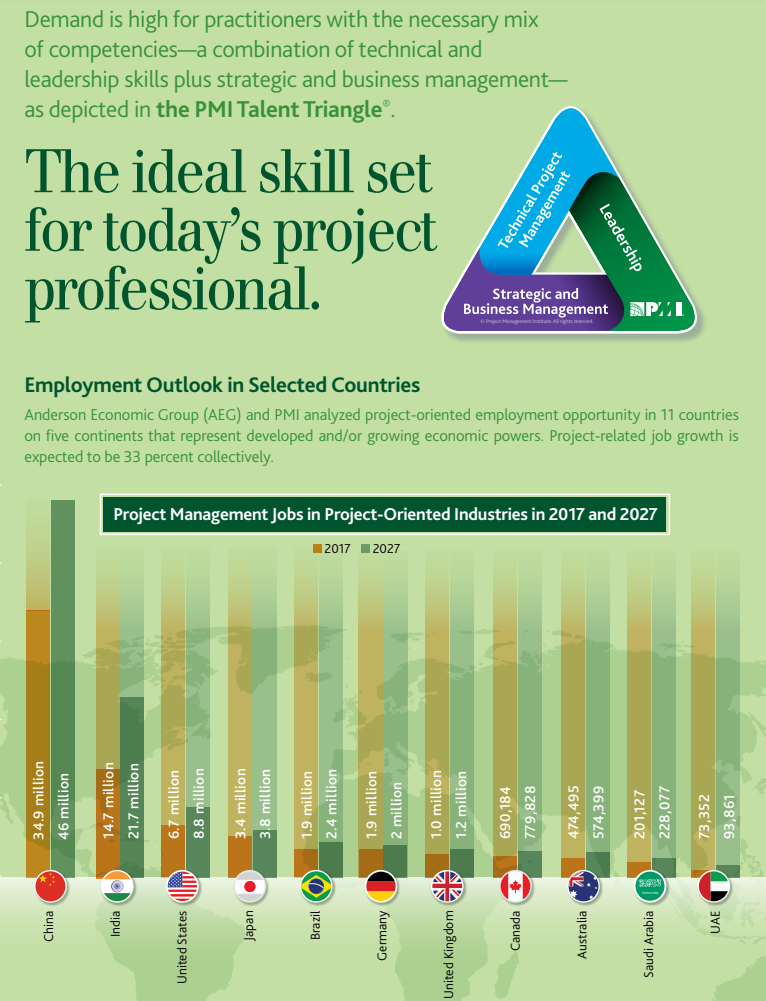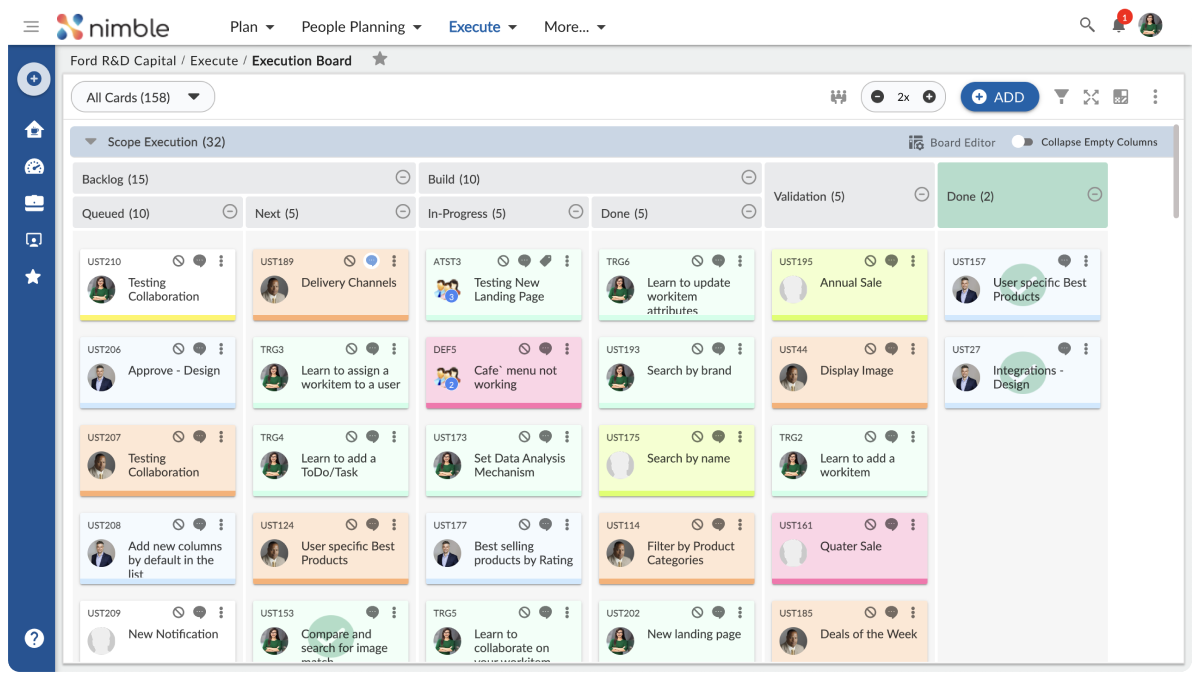Project management is a critical discipline that ensures projects are completed efficiently, within budget, and to the satisfaction of stakeholders. At the heart of successful project management is the project manager, who must possess a unique blend of leadership, communication, and organizational skills. In this article, we will explore some important tips for project managers to help them lead their teams to success.

Understanding the Role of a Project Manager
A project manager is responsible for overseeing the entire project lifecycle, from initiation to closure. This includes defining project goals, creating a detailed project plan, managing resources, and communicating with stakeholders. “According to the Project Management Institute, the global economy will require 87.7 million project management roles by 2027.” This means that there will be more job opportunities for project management professionals in the coming future. Key responsibilities of a project manager include scope management, schedule management, budget management, and stakeholder communication. To excel in this role, project managers must possess a combination of technical expertise and interpersonal skills.
Source: PMI
6 Essential Tips for Project Managers
1. Clear Communication
Effective communication is crucial for project success. Project managers should ensure that there is open and transparent communication within the team. This includes sharing information, clarifying expectations, and resolving conflicts. Utilizing various communication channels such as zoom meetings, emails, and collaboration tools can help facilitate effective communication. According to a study by project.co, 19% of failures result from miscommunication within teams.
2. Goal Setting and Planning
Setting clear and achievable goals is essential for project success. Project managers should use the SMART criteria (Specific, Measurable, Achievable, Relevant, Time-bound) when setting goals. Developing a comprehensive project plan that outlines tasks, dependencies, and timelines is also critical for project success. “A recent KPMG survey says 37% of the projects fail because of the lack of clear goals.”
3. Risk Management
Identifying and managing risks is an important part of project management. Project managers should identify potential risks early in the project lifecycle and develop strategies to mitigate them. Regular monitoring and reassessment of risks throughout the project are also important to ensure that they are effectively managed.
4. Team Management
Building and leading a high-performing team is key to project success. Project managers should focus on recruiting, onboarding, and developing team members with the necessary skills and expertise. Fostering a positive team culture and promoting collaboration can also contribute to team success.
5. Time and Resource Management
Managing time and resources effectively is crucial for project success. Project managers should prioritize tasks, set realistic deadlines, and manage resources efficiently to avoid schedule delays and cost overruns. Utilizing resource management tools can help track resource availability and utilization.
6. Adaptability and Flexibility
Being adaptable and flexible is important in responding to changes in project scope, requirements, or priorities. Project managers should be prepared to adjust plans and strategies as needed to accommodate changes and ensure project success.
Tools and Technologies for Project Management
Real-life examples of successful project management can provide valuable insights for project managers. By studying successful projects, project managers can learn from the strategies and best practices employed by successful project managers. Similarly, analyzing project management failures can help project managers avoid common pitfalls and improve their project management skills.
Effective project management is essential for project success. By following these important tips, project managers can lead their teams to success and deliver projects that meet stakeholder expectations. Continuous learning and improvement are key to becoming a successful project manager, so project managers should always be on the lookout for opportunities to enhance their skills and stay updated on industry trends and best practices.
There are various project management tools and technologies available to help project managers manage projects more effectively. Popular tools such as Nimble offer features that streamline project planning, communication, and task management. Nimble shines as a comprehensive solution for teams seeking efficiency and effectiveness. With its intuitive interface and robust features, Nimble streamlines project planning, communication, and task management. By incorporating Nimble project management tool, project managers can confidently lead their teams to success, ensuring projects are delivered on time and within budget.








